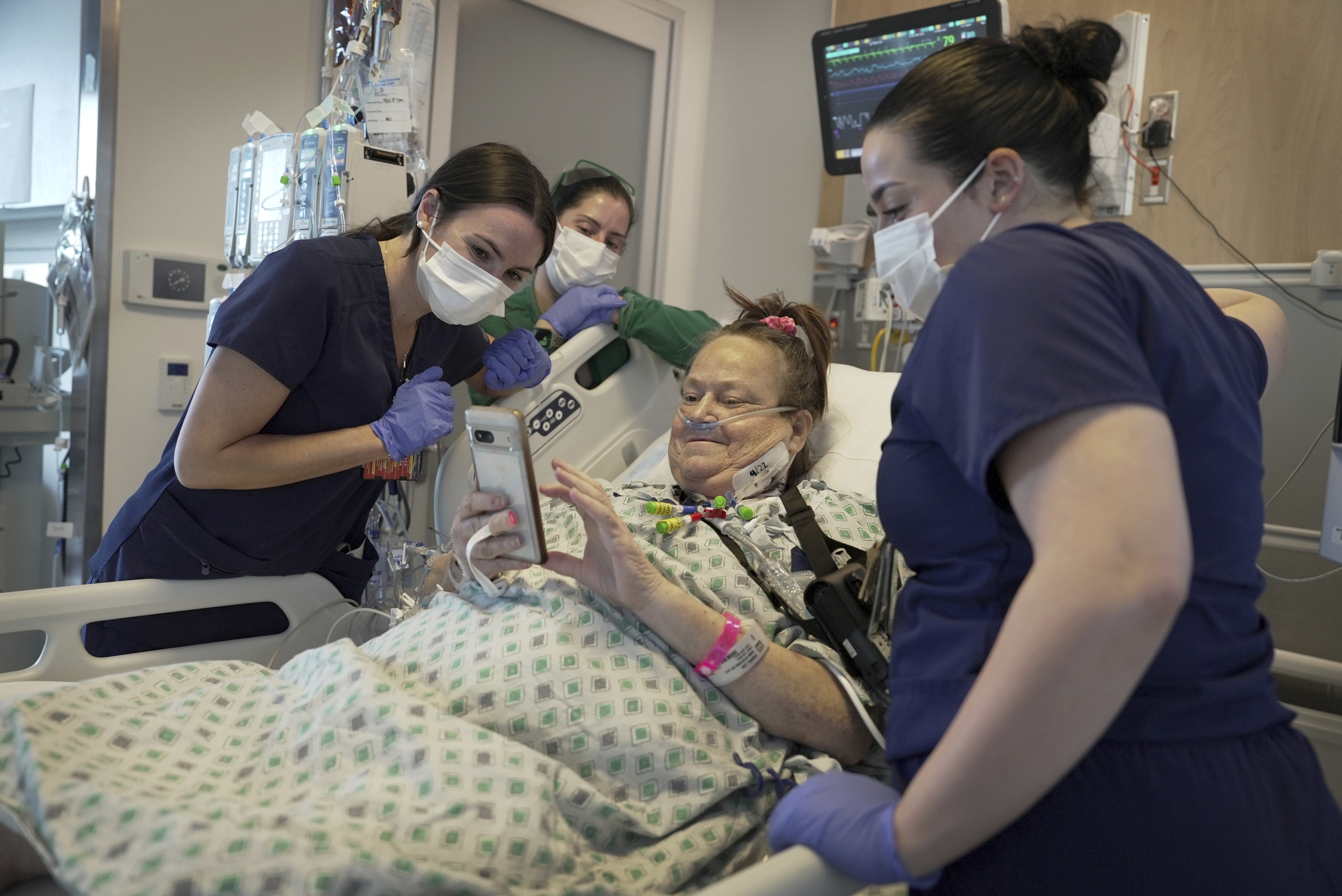Amidst the unbelievable upsets, cheering fans and amazing plays of the NCAA men's basketball tournament, the last thing on your mind is colon health. But former head coach of the University of Missouri's men's basketball team, Norm Stewart, hopes to use this month of basketball highlights to also highlight the importance of colon-cancer screening.
A colon cancer survivor himself, Stewart is featured in a public service announcement shown in NCAA arenas throughout March Madness. This second annual "Earn a Blue Star" program urges fans to get screened regularly for colon cancer and to pass the message along to family and friends.
"Nothing is as scary as hearing you have cancer," says Stewart on www.mybluestar.org, who was diagnosed with colon cancer in 1989 after feeling dizzy on a flight with his team. Even though his diagnosis came relatively early in the progression of the disease, there were few options for treatment.
"When I was diagnosed, the only option was traditional, open surgery. I missed half of the season to recover," he says.
But with new developments in colon cancer treatment, early diagnosis can mean the difference between a minimally invasive procedure to remove the cancer and a more serious surgery.
"New advancements help people recover faster, spend less time in the hospital and experience less pain and scarring," Stewart says, "I wish this had been a treatment option when I was diagnosed."
In comparison, Oren Stevens, former sports broadcaster and actor who has teamed up with Stewart, was diagnosed with colon cancer in 2005 and benefited from the new treatment advances. While Stewart had to miss the last 14 games of the 1989-1990 basketball season recovering from his treatment, after only a few small incisions, Stevens was walking around his hospital room the same day as his surgery.
Health
"I even returned to my workout routine in six weeks," says Stewart.
It is estimated that over 145,000 people will be diagnosed with colon cancer this year, and it will be the second-leading cause of cancer deaths in the United States, but "colon cancer is preventable, treatable and, if caught early enough, beatable," says Dr. Michael Harris, gastrointestinal surgeon at Mt. Sinai Hospital in New York.
Current guidelines recommend that everyone over the age of 50 should have routine colonoscopies to screen for cancer. However, if you have a family history of the disease, be sure to tell your doctor as he may recommend beginning regular screening at an earlier age.
And since good communication makes for an effective team, both on and off the court, Stewart emphasizes the need to pass this message on to family and friends who may be at risk. "It just may save their lives," he says.



